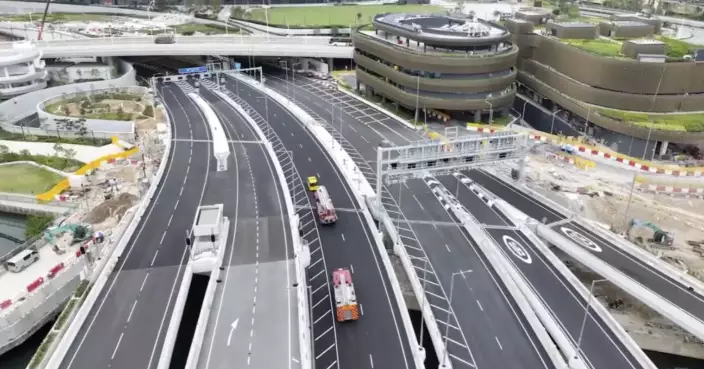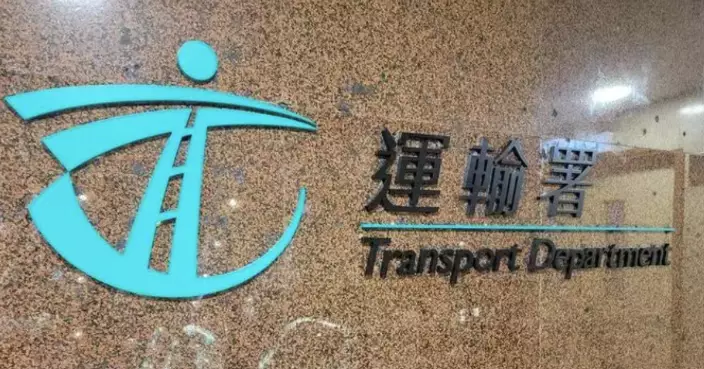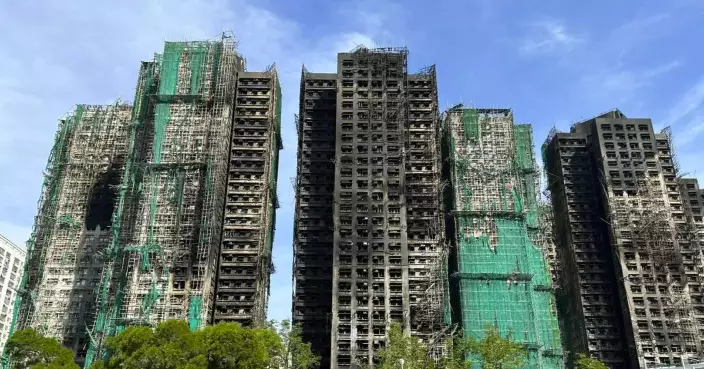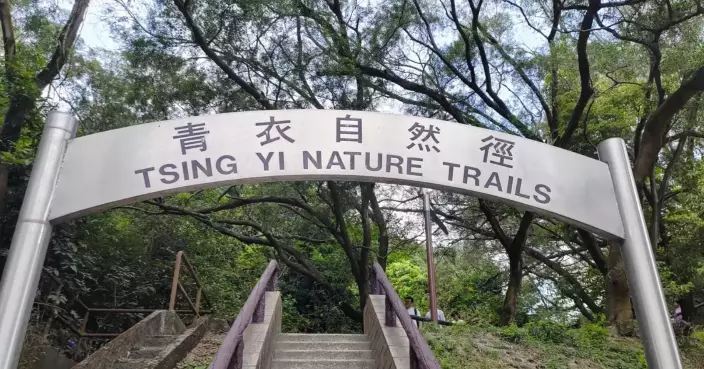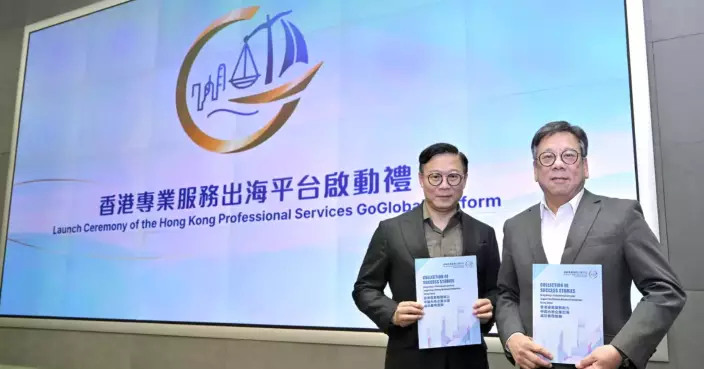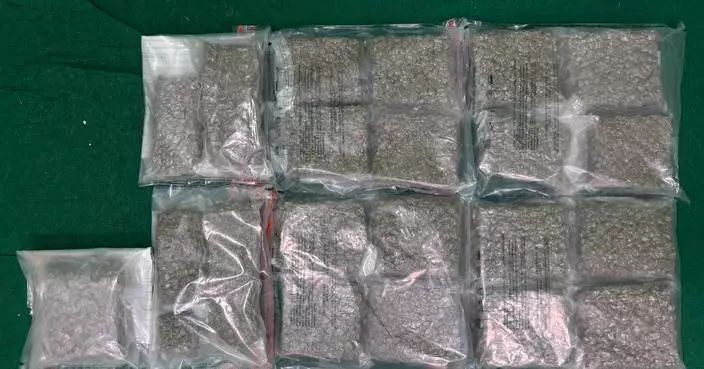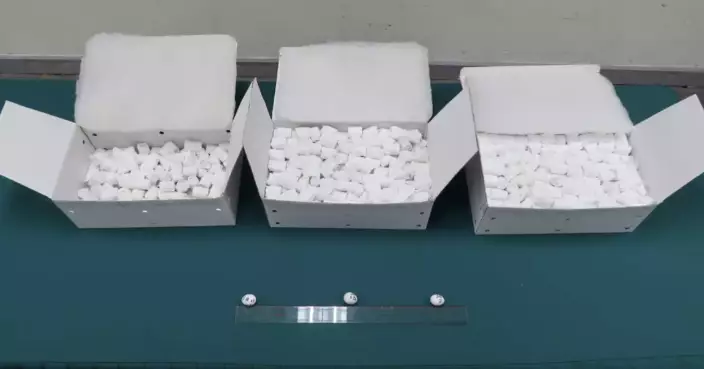Secretary for Health announces fees and charges reform for public healthcare
The Health Bureau announced the details of the fees and charges reform for public healthcare today (March 25). Reforming the subsidisation structure of the public healthcare services aims to guide the public to make optimal use of healthcare resources, reduce wastage and abuse, and enhance healthcare protection for "poor, acute, serious, critical" patients on all fronts, thereby enhancing the sustainability of the healthcare system and strengthening the public healthcare system to cope with the challenges posed by an ageing population, inflation of healthcare costs, etc, and serve as a safety net for all.
As an indispensable part of healthcare reform, the fees and charges reform for public healthcare covers the following three major areas, with a view to ensuring that limited healthcare resources can be directed in a targeted manner to help those patients most in need:
1.Reforming the subsidisation structure: Reforming the subsidisation structure from a systemic perspective by setting the levels of government subsidisation and the proportion of co-payments by members of the public for various public healthcare services to rationalise the relative demands for in-patient, accident and emergency, as well as different tiers of out-patient services.
2.Reducing waste and abuse: Introducing a co-payment model for non-urgent diagnostic radiology and pathology services, adjusting the charges for and quantities of standard drugs, making use of the fees and charges to drive changes to the public's behaviour in seeking medical treatment to guide the optimal use of resources.
3.Enhancing healthcare protection: Strengthening protection for "poor, serious, critical"patients on all fronts by enhancing the fee waiver mechanism, introducing an annual cap on fees and charges at $10,000, and increasing subsidies on drugs and medical devices for the critically ill, with a view to preventing "patients with serious conditions falling into poverty".
The Secretary for Health, Professor Lo Chung-mau, said, "Under the fees and charges reform, we will expand and enhance the co-payment mechanism, based on the principles of 'co-payment by those who can afford and co-payment by those with mild conditions', to strengthen the protection for 'poor, acute, serious, critical' patients. The Government's commitment to the public healthcare system will definitely not be lessened and all the gains from the reform will be wholly utilised for public healthcare services. On strengthening the safety net for all, the reform will enable us to further 'support the poor, save the acute patients, protect those with serious conditions, and help the critically ill', thereby making the safety net larger, more stable, thicker and denser."
The Hospital Authority (HA) will implement the new structure of fees and charges from January next year. The Chief Executive of the HA, Dr Tony Ko, added, "The HA will press ahead at full steam with the implementation of the reform. The structure of fees and charges of public hospitals in the future will focus on providing more support to 'poor, acute, serious, critical' patients and reduce wastage. The new fees and charges will remain at a level affordable to the public, while those with financial difficulties, or those suffering from critical and serious illnesses, will be better protected."
Professor Lo emphasised, "Hong Kong's public hospitals have long been one of the most efficient healthcare systems in the world. The reform will help to ensure that limited healthcare resources are directed to those patients most in need. The reform of healthcare fees and charges will proceed in a gradual and orderly manner. The review of public healthcare fees and charges will continue to be conducted every two years in accordance with the mechanism, with a view to achieving the reform objectives in five years, by which time the 90 per cent overall public subsidisation rate will be maintained. Alongside the implementation of the fees and charges reform for healthcare, the Government will continue to take forward healthcare reform in other areas to build a 'Healthy Hong Kong'."
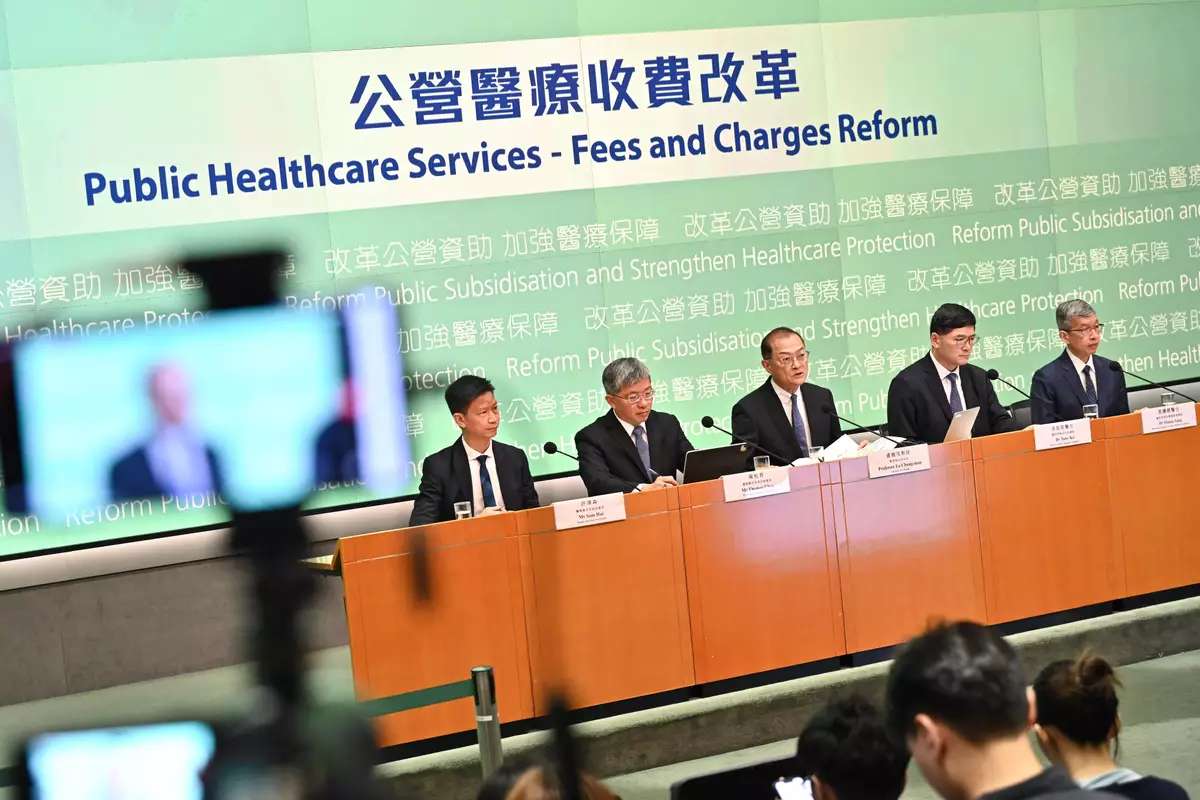
Secretary for Health announces fees and charges reform for public healthcare Source: HKSAR Government Press Releases
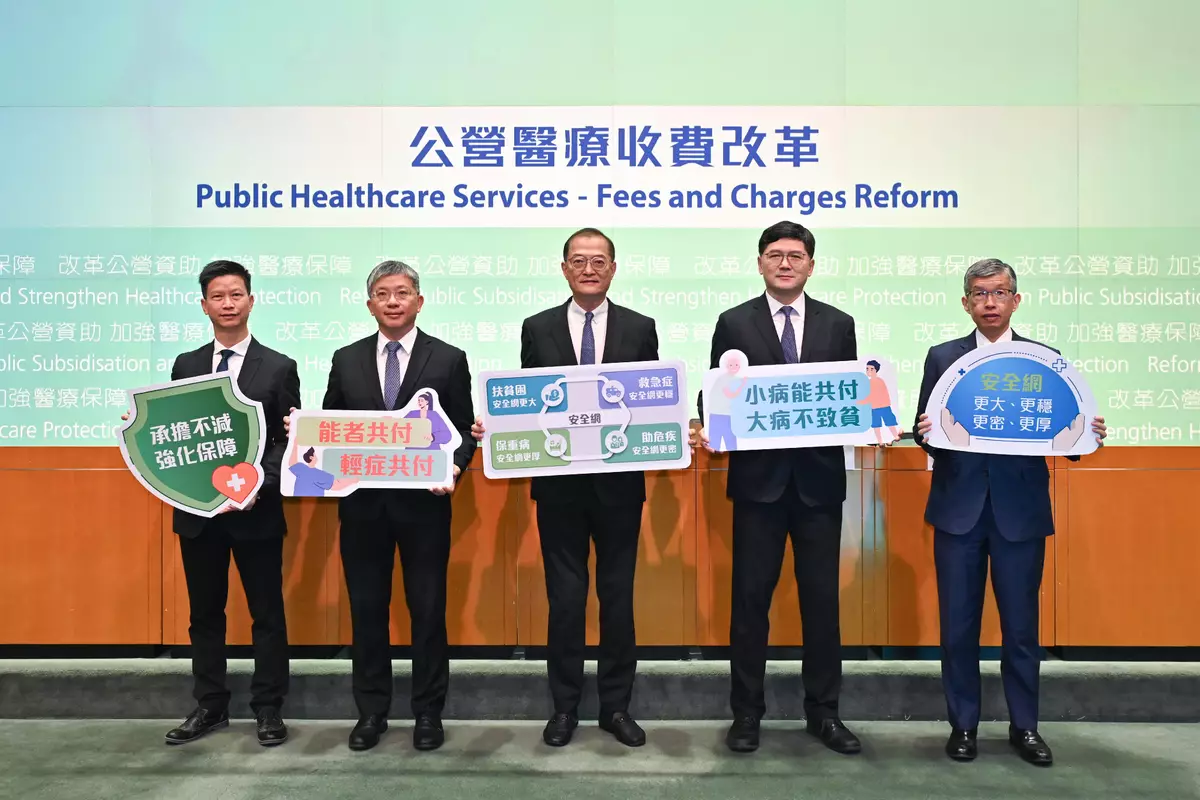
Secretary for Health announces fees and charges reform for public healthcare Source: HKSAR Government Press Releases
Chinese medicine sector fully supports residents affected by Tai Po Wang Fuk Court fire by providing free Chinese medicine consultation services
The Health Bureau (HHB) announced today (December 14) that free Chinese medicine (CM) consultation services will be provided to residents affected by the fire at Wang Fuk Court in Tai Po starting tomorrow (December 15). In addition, various CM services will also be deployed to fully address their medical needs.
Free Chinese medicine consultation services
To ensure the affected residents receive more comprehensive medical support, free CM consultation services will be launched starting tomorrow. Under the co-ordination of the Primary Healthcare Commission (PHC Commission) and the Chinese Medicine Unit of the HHB, 150 CM practitioners have participated in the free CM consultation services, covering more than 170 service points. Starting from tomorrow until February 28, 2026, all residents of the eight blocks at Wang Fuk Court (including foreign domestic helpers) can receive up to three free CM consultation services, including the provision of medication and related treatments based on their clinical needs, through the arrangement of the District Health Centres/ District Health Centre Expresses (collectively referred to as DHCs) across all 18 districts in Hong Kong. The scope of free CM consultation services covers health conditions that may arise after the fire, such as emotional changes, insomnia, palpitations; coughing, wheezing, dry throat, and itchy throat; physical weakness, fatigue, loss of appetite, dyspepsia; as well as pain and musculoskeletal injuries.
Affected residents with medical needs can call the hotlines or visit any DHC in person to seek assistance, regardless of their current place of residence. Those who are registered DHC members may also contact their respective DHC directly. The hotlines have been posted on the websites of the PHC Commission and the DHCs. Case managers of the DHCs will pair them with CM practitioners participating in the free CM consultation scheme based on their individual situation and preferences.
The Chinese Medicine Hospital of Hong Kong
All residents of the eight blocks at Wang Fuk Court (including foreign domestic helpers), and all individuals injured in the fire and admitted to public hospitals under the Hospital Authority (HA) can receive full fee waivers at the Chinese Medicine Hospital of Hong Kong (CMHHK) until December 31, 2026. The waivers cover all government-subsidised services of CMHHK, including General Clinic, Specialised Clinic, Allied Health Services, day-patient services, as well as special Western medicine diagnostic procedures and medications (discharge medication collection). Relevant individuals can identify themselves to CMHHK and provide basic personal information (including name, identity card number and residential address) during consultations to facilitate the arrangement.
Chinese Medicine Clinics cum Training and Research Centres located in 18 districts
Following the fire, the Chinese Medicine Clinics cum Training and Research Centres (CMCTRs) under the HA promptly provide support in Sha Tin District, Tai Po District, and North District through enhancing CM services, arranging rescheduling of appointments, and re-dispensing of Chinese medicines.
Starting from December 2, the 18 CMCTRs have been fully supporting all residents of the eight blocks at Wang Fuk Court (including foreign domestic helpers). They are eligible for full medical fee waivers until December 31 2026, covering government-subsidised CM outpatient services, including general consultation, acupuncture and bone-setting/tui-na. Relevant individuals can call the CMCTRs during their service hours or make an appointment via the "18 CM Clinics" mobile application. They shall identify themselves to the CMCTRs and provide basic personal information (including name, identity card number and residential address) upon registration to proceed with the arrangement. The CMCTRs will provide priority booking for the affected residents. In addition, the Integrated Chinese-Western Medicine Services under the HA's public hospitals/ambulatory care centres/out-patient clinics (currently available for six selected disease areas) will also waive service fees for relevant individuals.
Information about the 18 CMCTRs can be found on the HACMK website.
The HHB expresses gratitude to the CM sector and non-governmental organisations for their dedication to providing various CM support to the affected residents. The Government will continue to co-ordinate various medical services to support the physical and mental health needs of the residents.
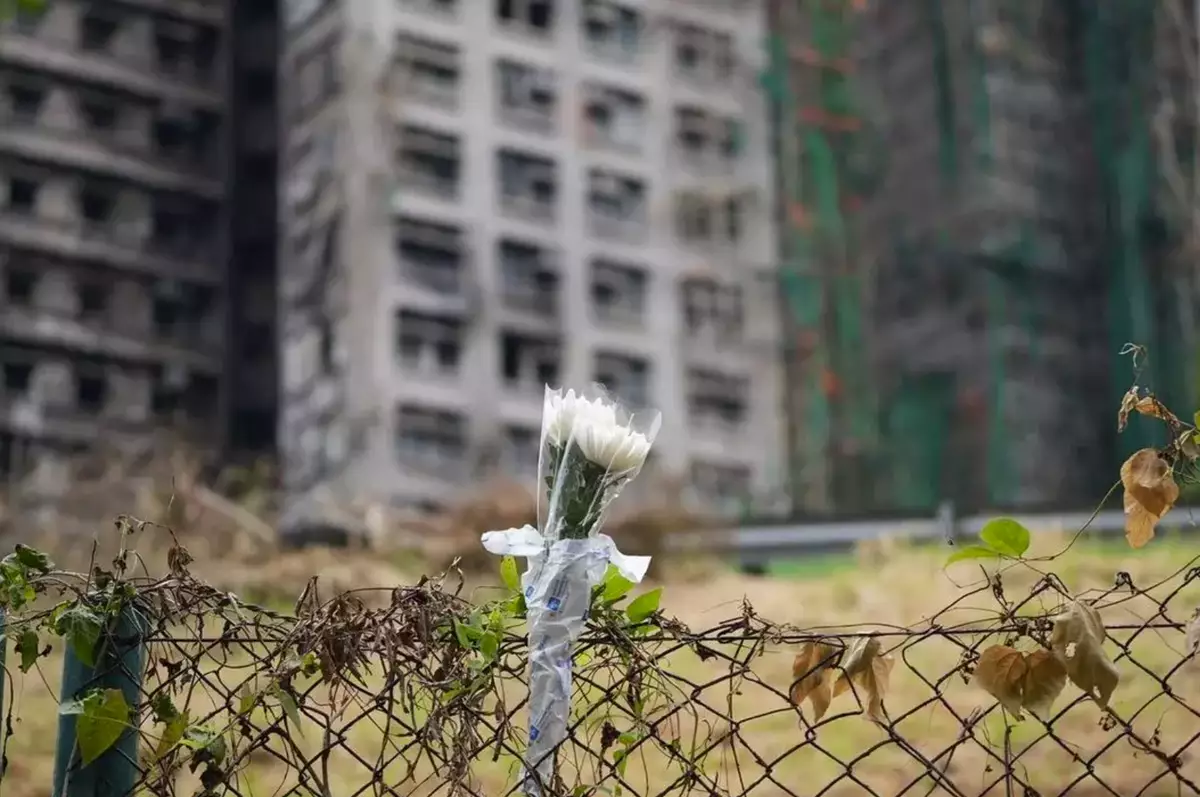
Wang Fuk Court in Tai Po, Photo by Bastille Post





